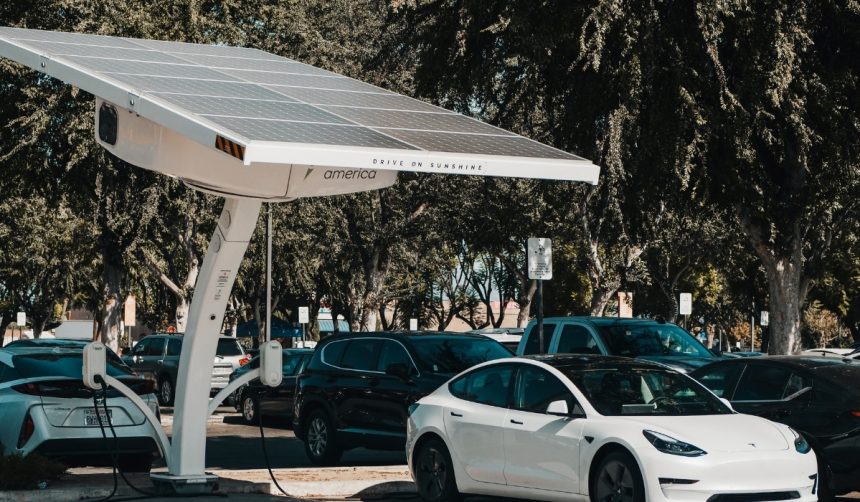Efforts to support electric trucking continue to gain momentum as Tesla and PepsiCo take concrete steps to expand their existing partnership. A new six-stall Semi charging facility is set to be constructed at PepsiCo’s distribution center near Denver, Colorado. This development aligns with Tesla’s broader strategy to scale up infrastructure ahead of mass production of the Tesla Semi. The initiative not only supports regional deliveries but also supplies crucial data that could impact future heavy-duty EV deployment. PepsiCo’s move appears to reflect growing industry interest in sustainability and reliable logistics solutions.
Earlier reports highlighted PepsiCo’s roles as one of the earliest adopters of the Tesla Semi, with initial operations concentrated in California. More recent activities have broadened the scope of routes into additional neighboring states, illustrating a shift from pilot projects to wider regional operations. The company previously embarked on similar charging projects at other strategic locations, indicating ongoing investments in long-haul electric trucking. This latest initiative builds on accumulated lessons from pilot programs and increased confidence in operational reliability. As Tesla prepares for higher-volume Semi production at its Nevada Gigafactory, facility upgrades such as those in Denver mark steady progress in infrastructure readiness.
How Will the New Charging Hub Support PepsiCo’s Fleet?
The planned charging station will enable PepsiCo to increase the number of electric trucks serving the Denver area, helping to guarantee that its fleet remains operational and efficient. By providing six dedicated charging stalls, downtime for the Tesla Semi fleet can be minimized. A PepsiCo spokesperson stated,
“Expanding charging infrastructure is essential as we incorporate more electric vehicles into our supply chain.”
The commitment to facility upgrades points to a growing reliance on electric vehicles for distribution operations.
What Does This Indicate for Tesla’s Broader Semi Strategy?
Tesla’s decision to advance infrastructure for clients like PepsiCo is aligned with its aim to lay the groundwork for mass production of the Semi. Gigafactory Reno is expected to begin producing Semi units in larger numbers, and ensuring reliable charging networks at customer locations forms a key part of Tesla’s expansion roadmap. According to the company,
“Reliable, accessible charging solutions are necessary to support our customers’ transition to electric fleets.”
Establishing robust charging nodes at strategic points will be critical for scaling up regional deliveries and attracting additional buyers.
Are Other Regions Also Seeing Infrastructure Growth?
Additional requests to install Semi chargers at sites like the Charlotte, North Carolina facility underscore PepsiCo’s intent to spread electrification across its U.S. operations. The pattern of investment demonstrates a wider move toward decarbonized logistics, as companies adapt to operational challenges unique to regional and interstate trucking. As more data emerges from these expanded fleet routes, further insights are likely to shape charging network deployment in various markets.
Increasing Semi charging infrastructure marks a critical moment for the rollout of electric Class 8 trucks in North America. The stepwise approach—focusing on private, large-scale deployments before a public launch—highlights the complexities of electrifying long-haul freight. Key lessons from PepsiCo’s early usage are being applied, and the current emphasis is on supporting reliability and seamless daily operation of electric fleets. For companies evaluating freight electrification, understanding permitting, installation processes, and field performance factors will be essential to inform future investments. As Tesla continues to partner with logistics giants, data from these charging sites will be instrumental in addressing both technical and commercial needs of the trucking industry.
- PepsiCo will add a six-stall Tesla Semi charging station in Denver.
- This supports Tesla’s plans for wider Semi production and deployment.
- Expanded infrastructure may encourage more companies to electrify their fleets.










